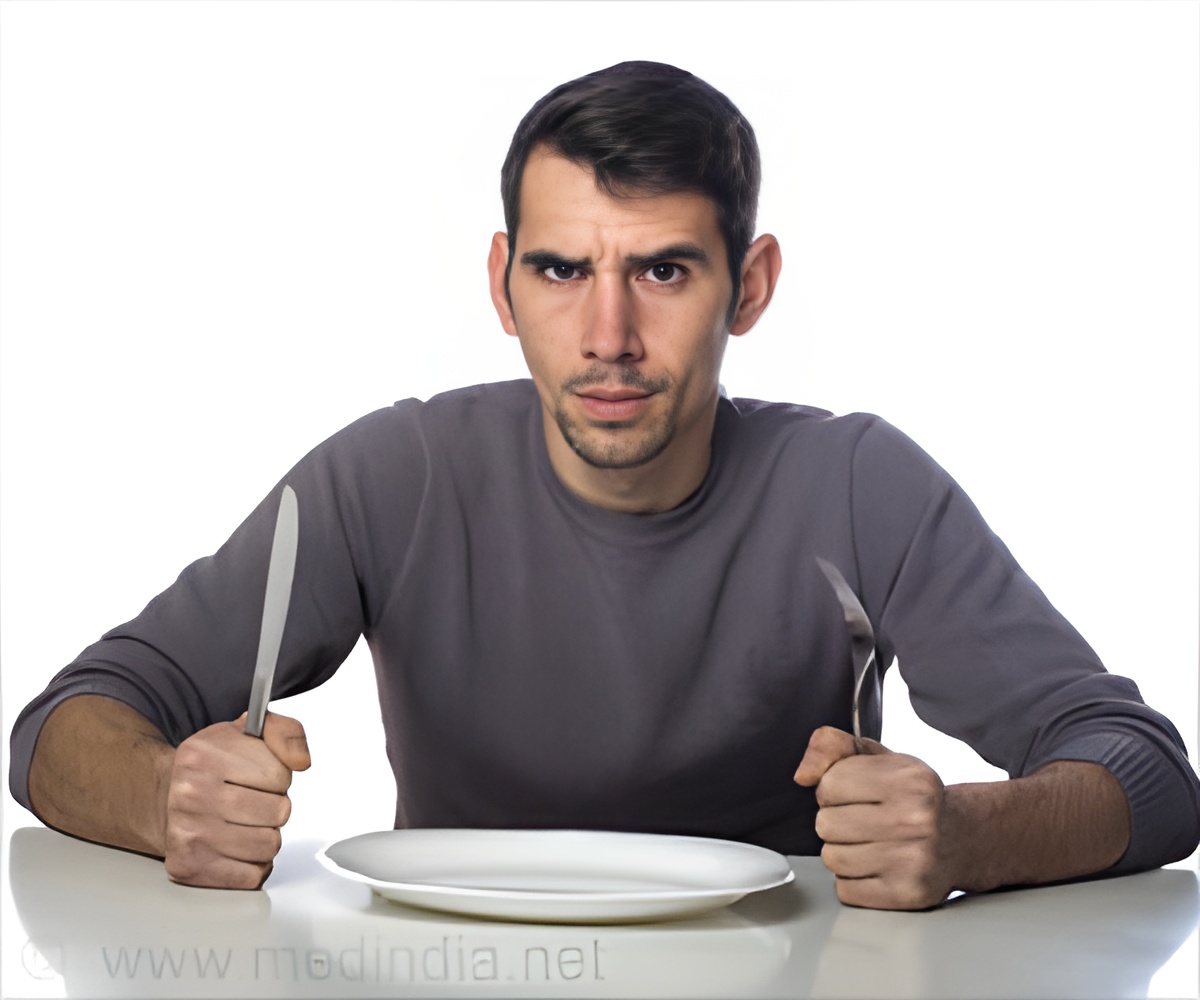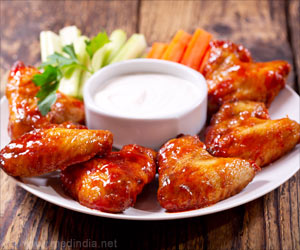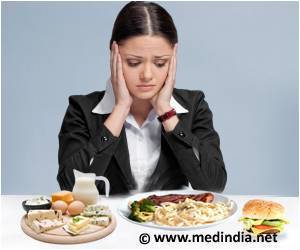Hunger hormone ghrelin has been shown to have a negative effect on impulse control and decision making capabilities.

- Ghrelin or hunger hormone is a peptide hormone produced by specialized cells that line the stomach
- An association between ghrelin and impulsive behavior has been identified
- Impulsive behavior refers to decision making associated with psychiatric disorders like schizophrenia, bipolar disorder
Never make any important decisions when you are hungry as a new research finds that the hunger hormone 'Ghrelin' may make you act impulsively.
What is Ghrelin?
Ghrelin is a hormone produced and released by the stomach with some amounts being released from the small intestine, pancreas and brain. Ghrelin, following its release, travels to the brain where it interacts with the hypothalamus to stimulate appetite and signal hunger. It is also known as the “hunger hormone.” There is a complex neuronal circuitry involving ghrelin, hunger and moods.
The Role of Ghrelin in Impulsive Behavior
Impulsive behavior refers to reckless decision making associated with a range of behavioral and psychiatric disorders like bipolar, schizophrenia, attention-deficit/hyperactivity and other eating/mood disorders. We are yet to fully understand the neurobiological substrates of such impulsive behavior. Discovering these substrates will pave the way for therapeutic interventions for disorders associated with impulsive behavior.
The researchers hypothesized that ghrelin’s role in food reward behavior and its role in regulating dopamine and serotonin could be extrapolated to discover a direct correlate between ghrelin and impulsivity. Impulsivity has two main elements – impulsive action (motor) and impulsive behavior (choice and decision making). The researchers designed mice experiments towards this objective. They studied impulsivity in the mice related to three tasks of impulsive responding after ghrelin injections and stimulation. They found that ghrelin injection into the lateral ventricle of the brain stimulated impulsive behavior and central ghrelin stimulation also increased impulsive choice behavior.
The results clearly indicate that ghrelin has a direct role in impulsive responding as well as impulsive motor activity and choice. Previous studies had found that increased ghrelin has an association with food intake, food reward and novelty seeking. This is the first study to indicate its role in impulsivity. The positive sign in this study is the therapeutic possibilities this might lead to in the development of ghrelin antagonists (substances which can inhibit the physiological activity of ghrelin). Development of robust ghrelin antagonists can effectively target obesity, alcohol and substance overconsumption by blocking ghrelin receptors in the brain.
References:
- The Stomach-Derived Hormone Ghrelin Increases Impulsive Behavior.
http://www.ncbi.nlm.nih.gov/pubmed/26424164 - Serotonin depletion impairs waiting but not stop-signal reaction time in rats: implications for theories of the role of 5-HT in behavioral inhibition
http://www.ncbi.nlm.nih.gov/pubmed/19005464?dopt=Abstract&holding=npg - Ghrelin the Go Hormone
http://www.obesityaction.org/educational-resources/resource-articles-2/general-articles/ghrelin-the-go-hormone













